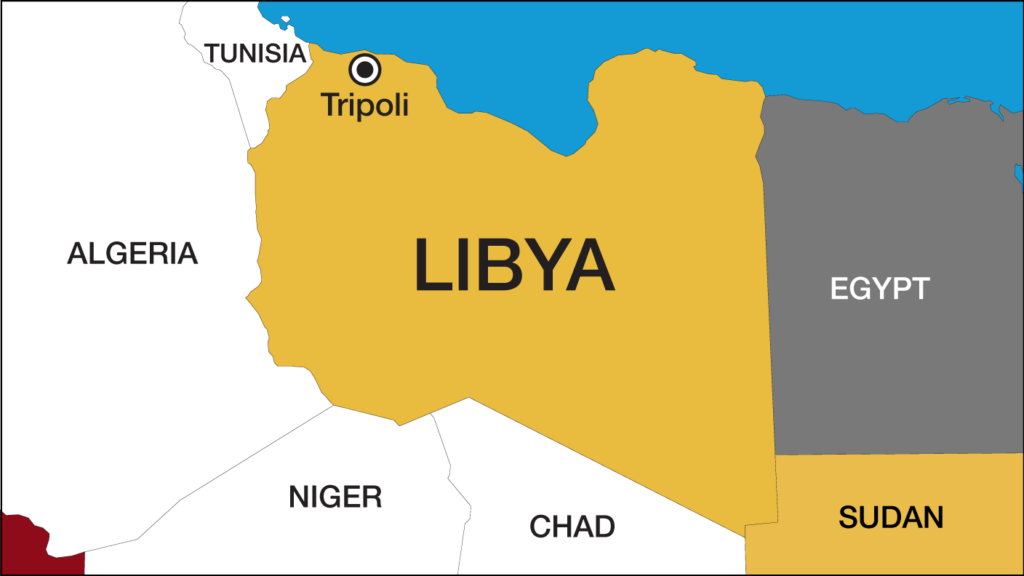Climate Change Affects Middle East
By Sumayyah Meehan, MMNS Middle East Correspondent
Regions of the Middle East are drier than usual, especially this time of year. Citizens and expatriates alike eagerly anticipate the winter months, from November to January, each year. It is the only time the region receives rainfall and a much needed respite from the sweltering heat of summer. However, the first rainfall has not yet arrived in most parts of the Middle East as mosques in countries like Kuwait and Oman have held special prayers for rain.
The year 2010 has already broken several records as being one of the hottest in the region, and by extension the world. Temperatures have reached well over 125F in many parts of the Middle East this year. According to the U.S. National Oceanic and Atmospheric Administration, this summer the Earth saw “…three straight months with its warmest temperatures on record.†The record-breaking temperatures are the direct result of human activities as is evidenced in a recent report released by the National Aeronautics and Space Administration which stated, “because it occurred when the recent minimum of solar irradiance is having its maximum cooling effect.â€
Global warming poses a threat to the world as a whole. But the Middle East, which often grapples with dwindling water supplies, faces deadlier consequences if steps are not taken to reduce the impact humans have on the environment. The picture that scientists paint is pretty grim. In 2008, the British University of Dubai predicted that temperatures in the region could rise by 2-4 degrees centigrade in the foreseeable future, which would cause sea levels to rise and flood coastal cities. Hundreds of thousands of people would be displaced and property irretrievably ruined. Despite the small size of some Middle Eastern countries like the UAE, the flagrant disregard for the environment is baffling and taking a huge toll on the Planet. Kuwait, Qatar, Bahrain and the UAE are the top countries in the Middle East that have the poorest environmental records. The carbon footprints, per capita, for each of these countries are off the charts. And little is being done to combat the problem. The effects of global warming are already becoming problematic.
This week a team of archaeologists sounded the alert that national treasures from places like Oman and Egypt face certain extinction as a direct result of global warming. Archeologist Henri-Paul Francfort, from the French National Center for Scientific Research, fears that archeological treasures that have yet to be unearthed could be lost forever due to drastic weather changes incurred by global warming. Francfort heads a team of archeologists based in Central Asia and is on the frontlines of the effects of global warming. “The permafrost, the constantly frozen layer of earth that protected them up until now, is melting. There are mummified, tattooed bodies, buried with sacrificed horses, furs, wooden objects and clothes. With my Russian colleagues, we are watching the part of the soil that melts each season, and which is getting deeper and deeper. Unless we take preventative action, it will soon be too late.â€
12-50
















2010
926 views
views
0
comments